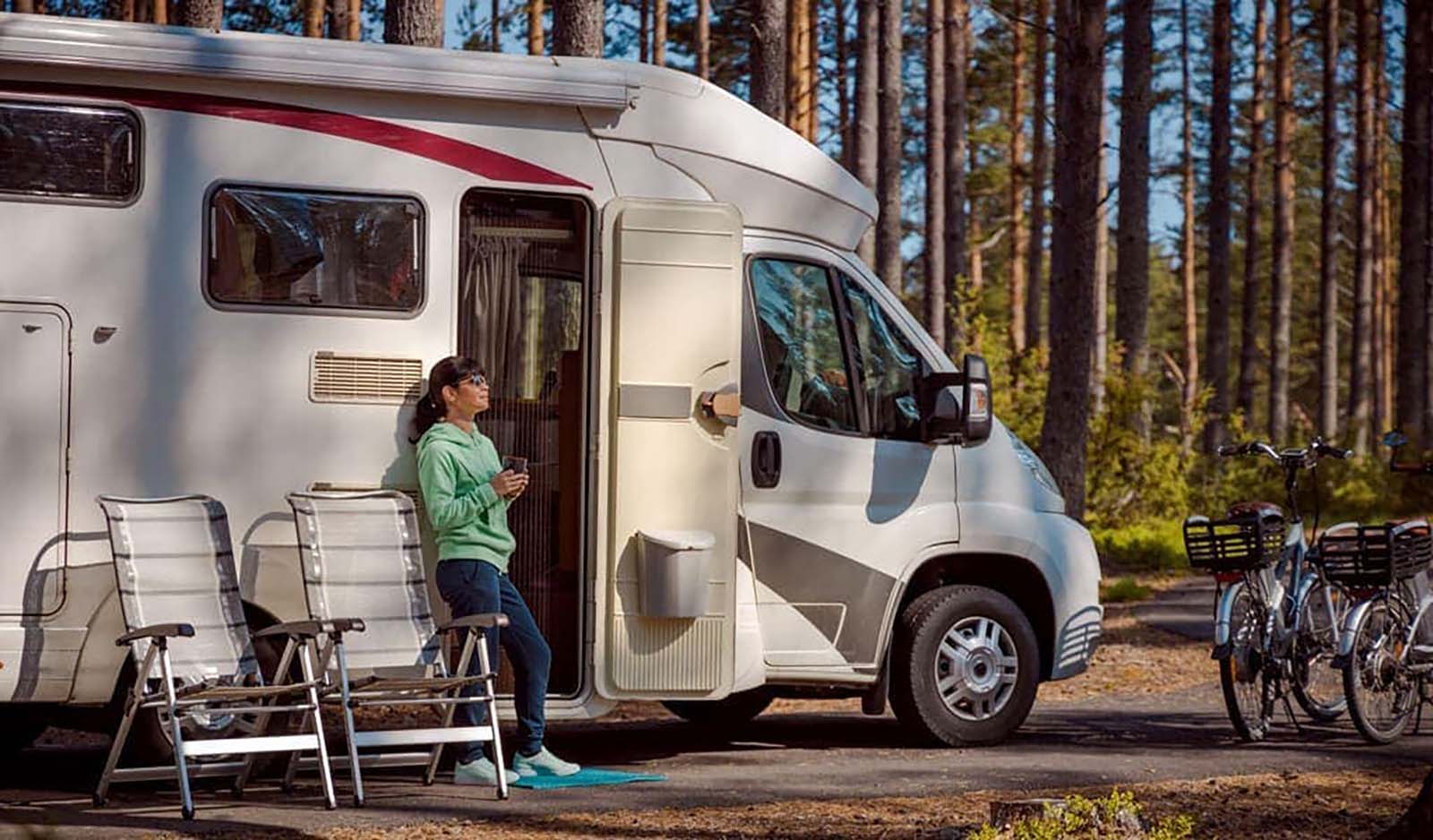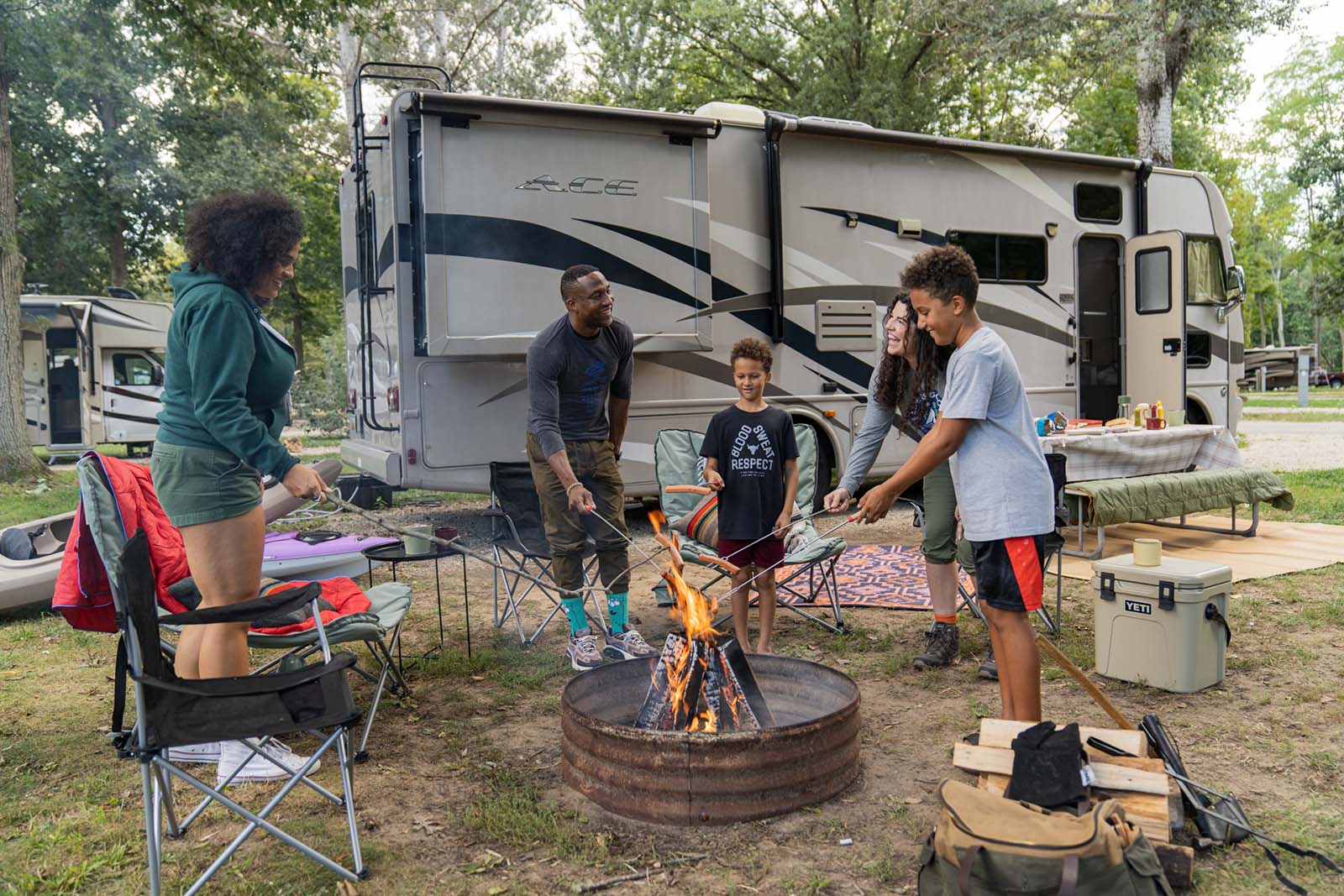Choosing the right RV battery is crucial for ensuring a smooth and enjoyable camping experience. With the variety of options available in the market, it can be overwhelming to make the right choice. However, by considering a few key factors, you can select a battery that meets your needs and enhances your RV adventures. In this article, we will discuss five essential steps to help you choose an RV battery.

1. Determine Your Power Needs
Before selecting an RV battery, it is important to understand your power requirements. Start by identifying the appliances and electronics that you plan to use while camping. Make a list of their power ratings and estimate the total energy consumption. This will help you choose a battery with the right capacity to meet your power needs throughout your trip.2. Consider Battery Types
There are primarily two types of batteries commonly used in RVs: deep-cycle and starter batteries. Deep-cycle batteries provide a steady amount of power over a long period and are ideal for extended camping trips or boondocking. On the other hand, starter batteries are designed to deliver a quick burst of power to start the RV’s engine. Consider your camping style and power requirements to determine which battery type suits your needs best.3. Check Battery Capacity
Battery capacity is an important factor to consider while selecting an RV battery. It determines how long the battery can sustain power without recharging. Battery capacity is typically measured in ampere-hours (Ah) or reserve capacity (RC). Ensure that the battery capacity is sufficient to meet your power needs during the entire camping duration, including any backup power requirements.
4. Assess Battery Lifespan
Investing in a durable and long-lasting RV battery is essential to avoid unexpected power failures during your trips. Look for batteries from reputable brands that offer a longer lifespan. Consider maintenance requirements and warranty periods while evaluating the battery’s overall durability. Additionally, researching customer reviews and seeking recommendations can provide insight into the battery’s reliability and longevity.5. Compare Battery Costs
Cost is always a significant factor when making any purchase. Compare prices from different sellers and ensure that the chosen battery fits within your budget. However, it is essential not to compromise quality and features for a lower price. Balance your budget constraints with the battery’s performance, lifespan, and warranty to make an informed decision.Conclusion
Choosing the right RV battery involves careful consideration of your power needs, battery types, capacity, lifespan, and cost. It is recommended to research thoroughly, seek expert advice, and read customer reviews before making a final decision. By following the steps mentioned above, you can select a reliable and durable battery that enhances your RV camping experience, ensuring you have power whenever you need it.

